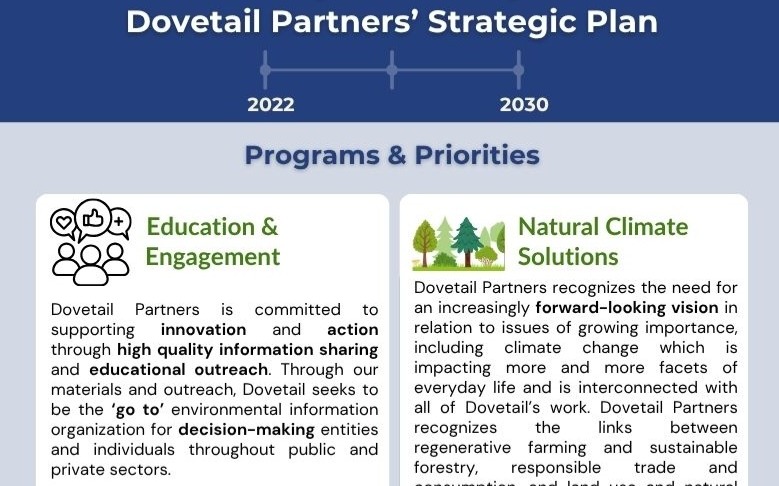Current and proposed climate and energy policies, including bioenergy incentives, have the potential to negatively impact established biomass-based industries. These industries may also be adversely affected by market pressures on global petroleum supplies. Higher costs of energy and energy-intensive or petroleum-derived raw materials, as well as increased competition for biomass resources are among developments likely to result from energy- and climate-focused policy initiatives.
This report condenses the findings of a recent study that assessed short- and long-term impacts (both positive and negative) of state and federal climate and bioenergy policies and incentives on the domestic forestry/wood products sector. Long-term implications of rising energy prices – whether resulting from market forces or public policy – for the domestic wood products industry are assessed in the full report through a number of scenarios based on various petroleum price levels. That report concludes with a number of observations about how policies and incentive programs and their development might be improved. This summary conveys the major findings of the study including background on U.S. policies, comparisons of petroleum and alternative energy costs, examination of key forest product sectors, and a summary of policy considerations. The full report is available at the Dovetail Partners website.
- Lead AuthorBowyer
- DateJuly 2011
- Project FileDownload

.png)
.png)
.png)

.png)
.png)